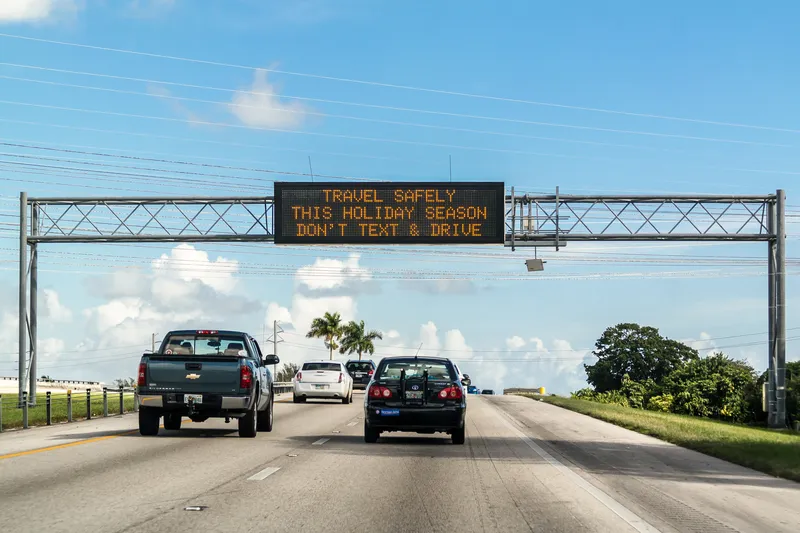The NFC Forum and the Global Certification Forum (GCF) have entered into a cooperation agreement that represents a major step toward the objective of providing interoperable contactless public transport access and ticketing using a broad range of NFC-enabled devices worldwide.
The agreement allows both GCF and NFC Forum labs to run NFC Forum analogue and NFC tag test cases and recognise test results across both organisations.
NFC Forum test cases have been added to GCF Certification Criteria for mobile devices incorporating ticketing and transport NFC-related functionality based on requirements defined in GSMA TS.26 NFC Handset Requirements Document and TS.27 NFC Handset Test Book.
“Incorporating NFC-based ticketing and transport functionality in the GCF Certification process will streamline the vital pre-launch testing of mobile devices," said Lars Nielsen, general manager, GCF. "This initiative will benefit the mobile industry and consumers by reducing testing costs and shortening time-to-market for this valuable device capability."
NFC Forum and GCF cooperation advances interoperable contactless ticketing
The NFC Forum and the Global Certification Forum (GCF) have entered into a cooperation agreement that represents a major step toward the objective of providing interoperable contactless public transport access and ticketing using a broad range of NFC-enabled devices worldwide. The agreement allows both GCF and NFC Forum labs to run NFC Forum analogue and NFC tag test cases and recognise test results across both organisations.
May 4, 2016
Read time: 1 min









